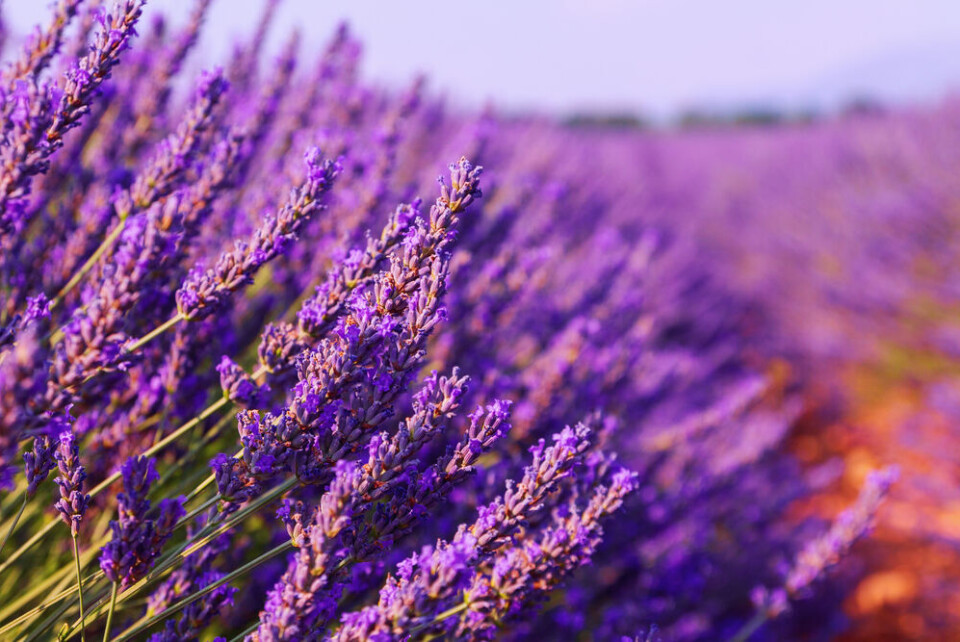-
French farmers give away potatoes due to overproduction
Hundreds of tonnes at risk of going to waste due to drop in demand and excess yield
-
New farmer protests this week - where and what to expect
Pressure mounts on the government over agricultural policy, disease control and trade agreements
-
French farmers begin major protest in Strasbourg
More than 700 tractors expected to park outside EU Parliament in two-day protest
Lavender crops destroyed overnight by caterpillars in south of France
Moths were blown across the Mediterranean by a Sirocco desert wind - farmers lose up to 80% of crop

Lavender farmers in the south of France could lose up to 40% of this year’s crop after caterpillars ravaged flowering fields across the region.
The caterpillars came from eggs laid by moths blown across the Mediterranean by a Sirocco desert wind in June, and turned some fields into brown twigs within a couple of days of hatching.
They ate the lavender at night, meaning several farmers were unaware of the damage before it was too late.
‘It was incredibly quick’
Alain Aubanel, president of the Comité Interprofessionnel des Huiles Essentielles Françaises, said: “It was incredibly quick and some farmers were not able to react and harvest.
“Some of the worst-affected areas are up in the mountains and in the worst cases farmers lost 80% of their crop.
“Other areas, on the plains, escaped entirely. It is too early for exact figures, but overall it looks as though 40% of the expected crop will not be harvested, which is an enormous loss.”
Read more: ‘Never seen such damage’: Mildew hits vines in French wine region
Cold winter will kill off remaining moths
Mr Aubanel said that in the hot, dry mountains of the south it was likely lavender fields will be in bloom again next year, but there might be fewer in the lowland plains, with cereals or sunflowers grown in their place.
He did not expect widespread pesticide spraying as a result of the infestation, as a cold winter would kill any remaining moths.
Next year, he expects more farmers will use organic farming traps, in which scents designed to attract male moths lure them to their deaths before they have the chance to breed.
The moths are thought to belong to the Noctuidae family.
Related articles
French lavender overproduction puts iconic crop in danger
Most herbes de Provence sold in shops are not authentically French
Where does the South of France start? Tourism offices share thoughts
























